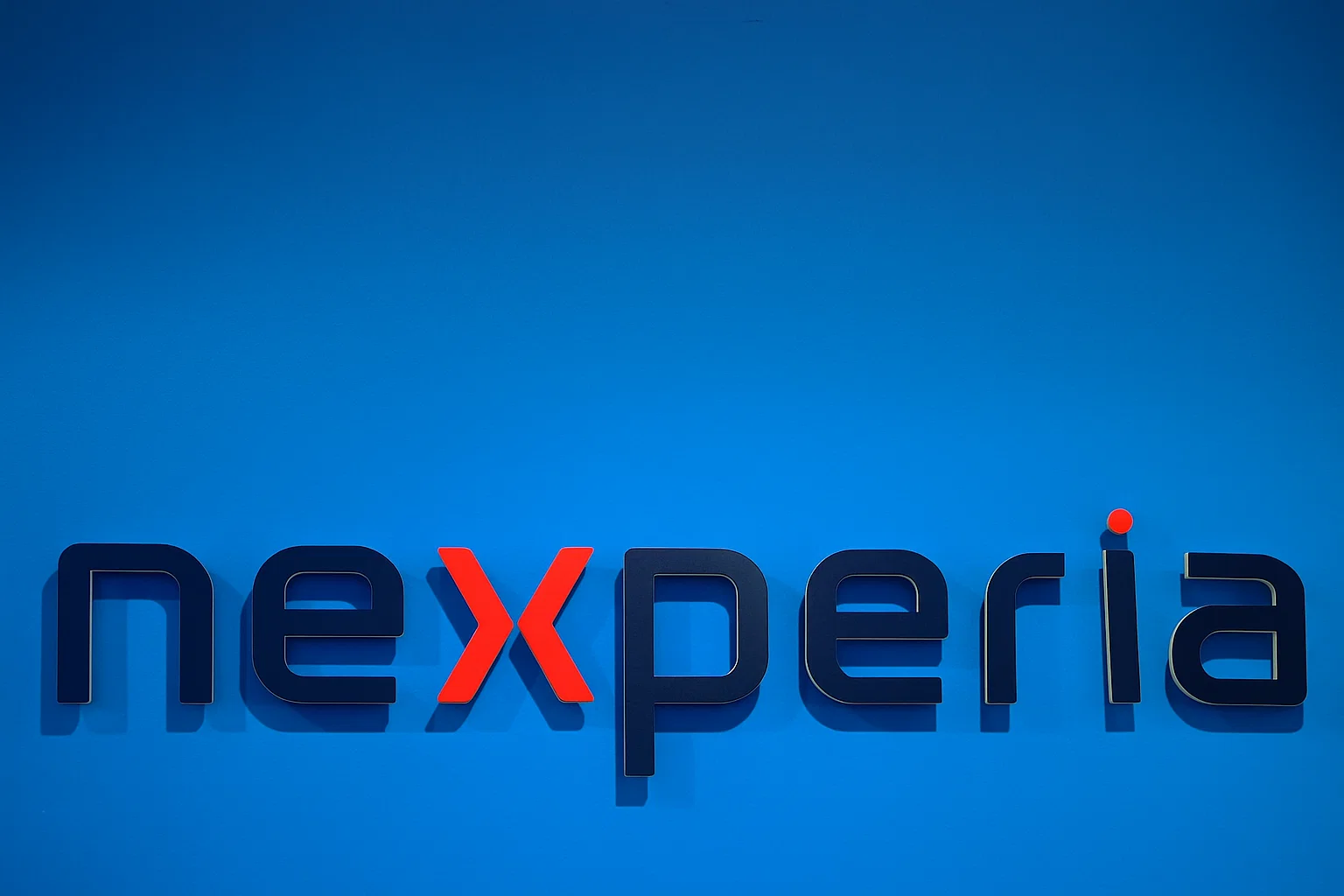Table of Contents
We begin with a major development in global semiconductor and foreign-investment dynamics: Wingtech Technology (Wingtech) has formally lodged an appeal against a decision by the Dutch government to intervene in its Netherlands-based chip-maker subsidiary Nexperia. According to legal documents seen by Reuters, Wingtech first challenged the measure on 21 October 2025 and expanded its arguments on 10 November 2025, claiming the state decree represented an “unprecedented and disproportionate deprivation of property” lacking legal basis.
This appeal highlights not only the company’s resistance to intervention but also raises broader issues around investment risks in strategic sectors. The stakes are high, given that Nexperia supplies many critical components to automotive and electronics industries.
Looking ahead, we explore the trend of state interventions, the specific circumstances of this case, and the implications for industry and economy.
Trend of State Intervention in Strategic Sectors
Governments increasingly deploy national-security-tools to intervene in foreign-owned firms within strategic industries. For example, on 13 October 2025 the Dutch government invoked the rarely used Goods Availability Act (Wbg) to assume supervisory control over Nexperia. This shows a shift: strategic-asset protection is now extending beyond traditional defence or energy to semiconductors.
Data-point: Nexperia ships more than 110 billion discrete semiconductor products annually. From a general-economics perspective, this trend means cross-border investment is increasingly exposed to regulatory, political, and sovereign risk, not just market risk. As a result, firms, investors and policymakers must now factor in sovereign intervention risk as part of cost/benefit calculations. This shows how the macro-theme of globalization is tilting towards selective decoupling.
Case Specifics – Wingtech, Nexperia and Dutch Action
Turning to the firm-level detail: Wingtech, a Chinese technology and contract-manufacturing company listed in Shanghai (600745.SS), acquired Nexperia in stages and attained full indirect ownership in 2019.
On 30 September 2025 the Dutch Ministry of Economic Affairs issued an emergency order under Wbg, prohibiting Nexperia and its global affiliates from relocating assets or personnel and placing its governance under supervision.
Key trigger: The Dutch authorities cited “serious governance shortcomings” at Nexperia and the risk of critical technology or goods becoming unavailable in an emergency.
On the appeal front: Wingtech’s appeal asserts the measure lacked underpinning and is a “deprivation of property” without due process. It is pressing the Dutch Ministry to revoke the order.
This specific dispute also coincides with the U.S. export-controls regime: Wingtech was placed on the U.S. Entity List in December 2024, and about 50%-owned subsidiaries became subject to new restrictions from 29 September 2025.
Economic and Industry Impact of the Dispute
From a macroeconomic viewpoint, the dispute underscores how control over strategic technologies has become a matter of economic security. For example, the Dutch state’s move aimed to safeguard the supply of chips for the automotive sector, implying that a failure of continuity in Nexperia would impact European car production.
On the application side:
- Automotive manufacturers such as Volkswagen AG and Honda Motor Co. saw shares rise in anticipation of improved supply, following Dutch signals of de-escalation.
- Supply-chain disruption: On 31 October 2025, Nexperia cut wafer supplies to its Chinese plant, reflecting the operational turbulence.
Implications for Investors, Firms and Policy
For investors and firms: The Wingtech-Nexperia saga illustrates that ownership structure alone does not insulate a firm from sovereign intervention. Even where a firm generates normal profits and operates globally, the “foreign-ownership in strategic sector” flag triggers risk. For instance, Wingtech’s shares dropped about 10 % in Shanghai immediately after the Dutch intervention.
Here are practical implications:
- Due-diligence: Firms investing in overseas operations must account for strategic-sector risk and foreign-investment-review regimes.
- Governance transparency: Managing perceptions of “sound management” is now a non-market cost driver. Nexperia’s governance was explicitly cited as a concern.
- Policy coordination: Policymakers must balance attracting FDI with safeguarding strategic supply chains. The Dutch government appears to have used the action as a signal aligned with EU-chips sovereignty goals.
What’s Next and Looking Ahead
Looking ahead, we expect several developments. First, the legal process: Wingtech’s appeal to the Dutch Ministry of Economic Affairs and the court is ongoing, and the Dutch government on 19 November 2025 suspended the ministerial order, albeit without revoking the court’s ruling.
Second, supply-chain monitoring: Until a stable governance and regulatory outcome is reached, Nexperia and its customers face elevated risk of disruption, especially in automotive chips. The European automotive association remains cautious.
Third, investor behavior: Firms may re-assess exposure to companies in strategic value chains with foreign-ownership or complex governance structures. In application, industry players are likely to seek more transparency, governance safeguards and local footprints to hedge risk.
Moreover, the wider signal is that EU states may follow the Dutch precedent: strategic sectors, especially semiconductors, are no longer purely commercial but subject to industrial-policy scrutiny. For businesses, this means strategic-asset management and geopolitical risk are front-of-mind, not back-of-book.
Bottom Line
In summary, the Wingtech appeal against the Dutch intervention marks a pivotal moment in the intersection of corporate governance, global supply chains and national strategic policy. Firms and investors must recognise that even commercially sound operations may face sovereign risk when operating in strategic sectors under foreign ownership.
For policy-makers, balancing investment, innovation and security requires new frameworks for oversight, transparency and cross‐border risk mitigation. The actionable takeaway: evaluate not only market fundamentals but also governance exposure, ownership structure and geopolitical alignment when entering strategic value-chains.
Disclaimer:
This article is for informational and educational purposes only. It does not constitute financial, legal, or investment advice.

